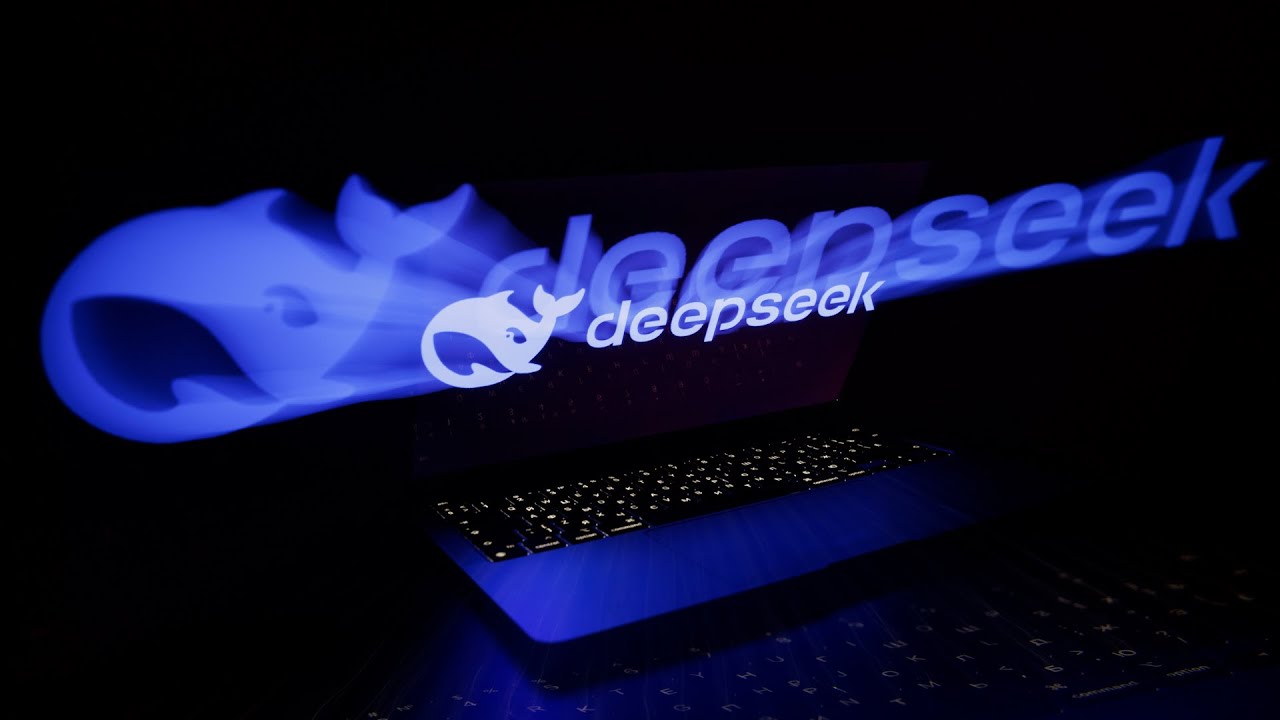The video discusses the national security concerns raised by the Chinese AI startup DeepSeek, emphasizing the need for the U.S. to establish effective policies to maintain its leadership in AI technology amidst fears of China setting global standards. It highlights the challenges posed by DeepSeek’s open-source nature and recent security issues, while drawing parallels to TikTok and calling for a cohesive strategy that balances innovation with national security.
The video discusses the implications of the Chinese AI startup DeepSeek, which has raised significant national security concerns in the United States. The conversation highlights the urgency for U.S. policymakers to establish robust policies to maintain American leadership in AI technology. There is a fear that China could set global standards for privacy, safety, and ethics in AI, which has prompted notable figures, including Elon Musk and former President Trump, to advocate for a strong U.S. stance on AI development.
The discussion emphasizes that recent regulatory measures, such as export controls implemented by the Biden administration, have not effectively addressed the challenges posed by foreign tech advancements. The speakers suggest that the U.S. needs to rethink its approach to AI regulation to foster innovation while ensuring national security. They acknowledge that the open-source nature of DeepSeek has allowed it to bypass existing protocols, indicating a need for a more adaptive regulatory framework.
DeepSeek is currently facing issues related to a large-scale malicious attack, which has rendered the app inaccessible for many users. The speakers caution against using the app, especially for sensitive company or personal data, due to its untested nature. They stress the importance of conducting thorough security assessments, such as ethical hacking, to understand how user data is handled and the app’s overall security posture.
The conversation also draws parallels between DeepSeek and TikTok, another app that has been labeled a national security threat. Despite bipartisan concerns regarding TikTok, it remains available for U.S. users, raising questions about the consistency of the government’s approach to foreign apps. The speakers express curiosity about the role of the Committee on Foreign Investment in the United States (CFIUS) in evaluating DeepSeek and whether it will be subjected to similar scrutiny as TikTok.
Overall, the video underscores the ongoing tension between innovation and security in the realm of AI technology. As the U.S. grapples with the implications of foreign tech advancements, there is a pressing need for a cohesive strategy that balances the promotion of innovation with the safeguarding of national interests. The situation with DeepSeek serves as a critical reminder of the complexities involved in regulating emerging technologies in a global landscape.
